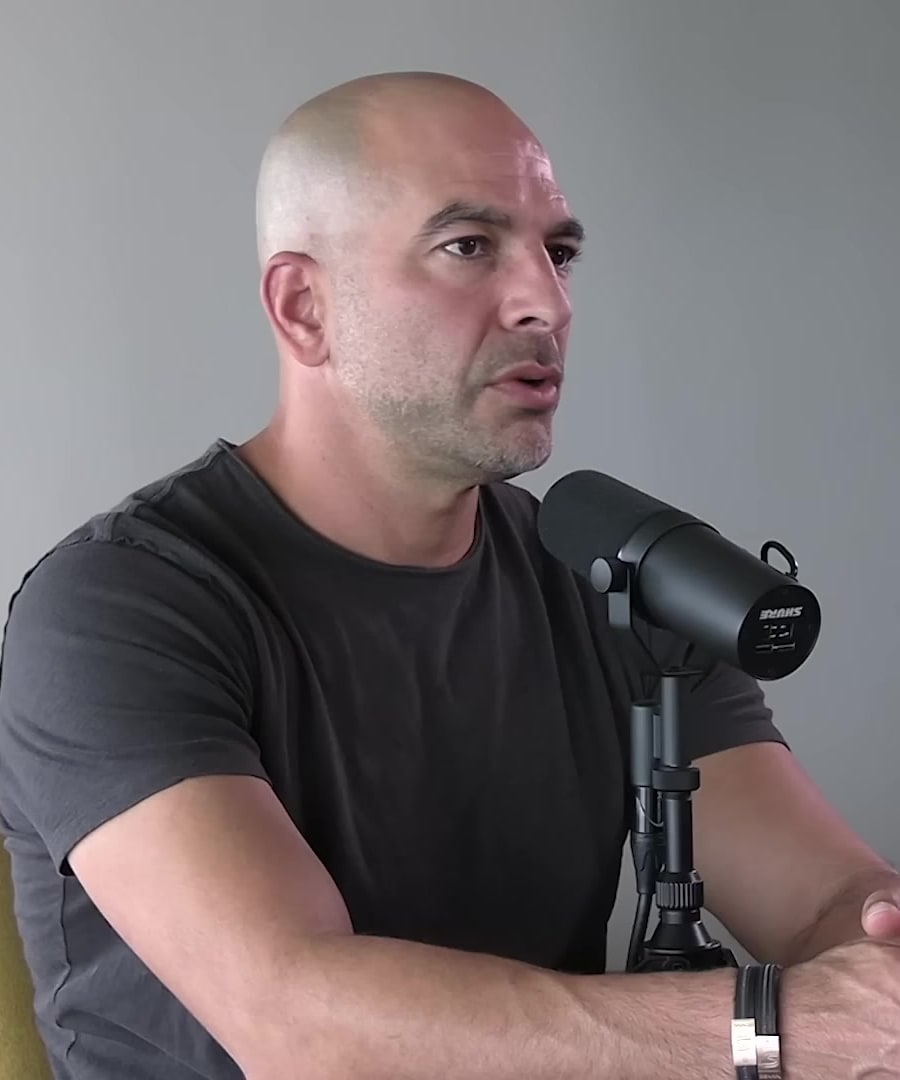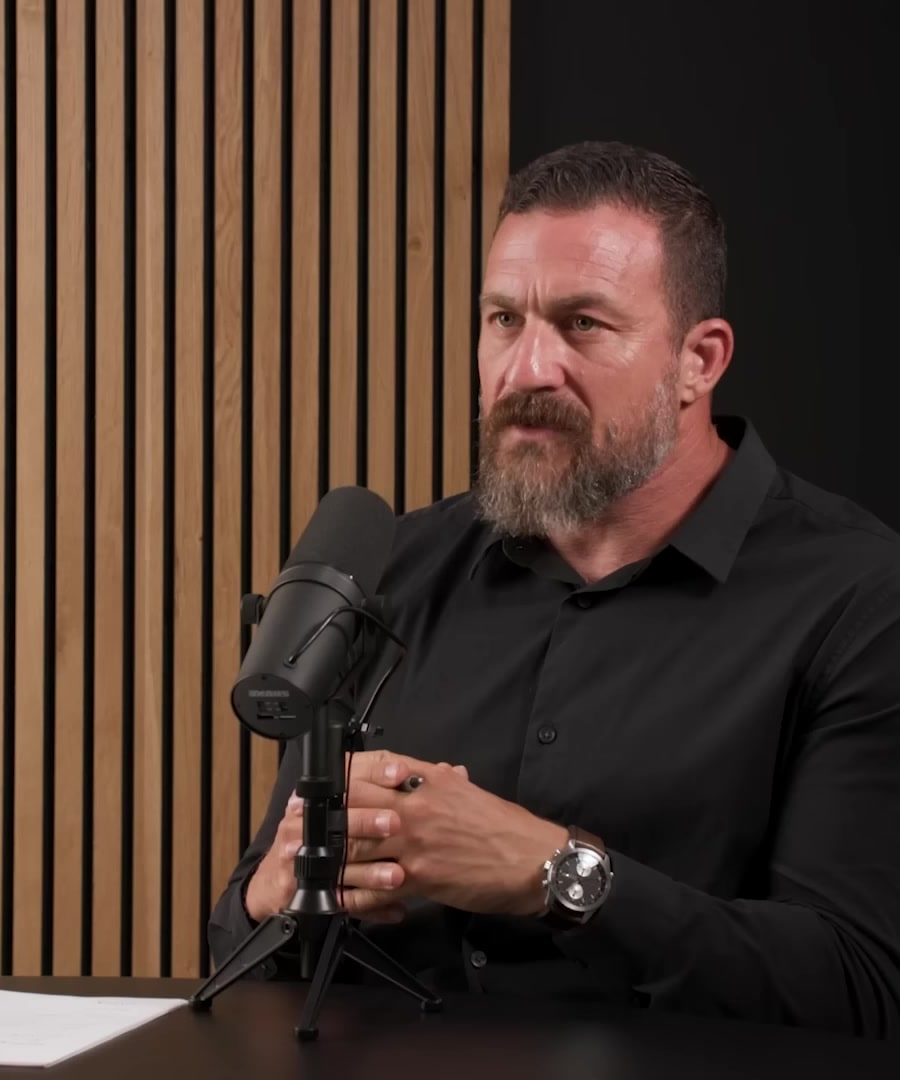When is it best for a man to do testosterone replacement therapy?
Sources:
Testosterone replacement therapy (TRT) should ideally be considered by men under specific conditions, primarily related to medical necessity rather than elective enhancement. Andrew Huberman emphasizes that for TRT to be beneficial and minimize adverse effects, the timing and reasoning are crucial. Here are the key points regarding the optimal timing for TRT:
-
Medical Necessity: TRT is generally recommended for men who have confirmed hypogonadism, a condition where the body produces abnormally low levels of testosterone, impacting health and quality of life. It is not advised for young men, especially those under 30, unless they have compelling health reasons and have exhausted other treatment modalities.
-
Reproductive Considerations: Men who are still planning to have children should be cautious with TRT. Testosterone therapy can significantly reduce sperm production and potentially affect fertility. Men who want to preserve their fertility can use human chorionic gonadotropin (HCG) alongside TRT to maintain sperm production.
-
Age and Health Status: Huberman mentioned that he himself experimented with TRT in his late 40s as part of research for a book, but generally, it's more commonly considered in men during their 40s or older. Young men, particularly those in their 20s or 30s with normal testosterone levels, are advised against using TRT due to the potential long-term health risks, including impacts on fertility.
-
Lowest Effective Dose: If TRT is necessary, it should be administered in the lowest effective dose to avoid severe fluctuations in hormone levels, which can create additional health issues. This approach minimizes risks while providing the necessary benefits.
-
Doctor Supervision: TRT should always be conducted under strict medical supervision to monitor its effects and adjust treatment as necessary. This ensures safety and effectiveness while preventing potential misuse and side effects.
In summary, appropriate candidates for TRT typically include older men, those with clinically low testosterone levels associated with specific symptoms or those for whom other therapies have failed. Men still interested in fathering children or who are young and healthy typically should not pursue TRT unless advised by a healthcare professional 1 2 3.
RELATED QUESTIONS-


